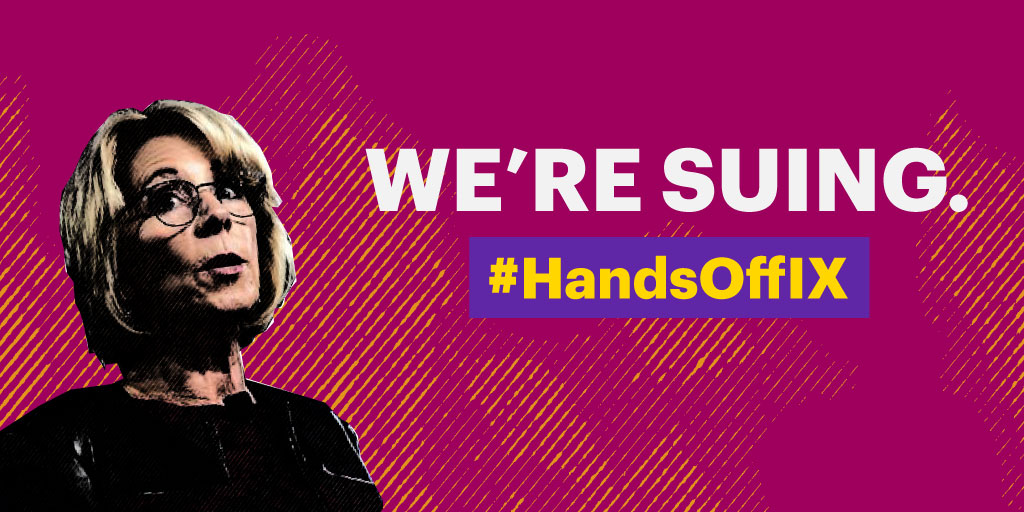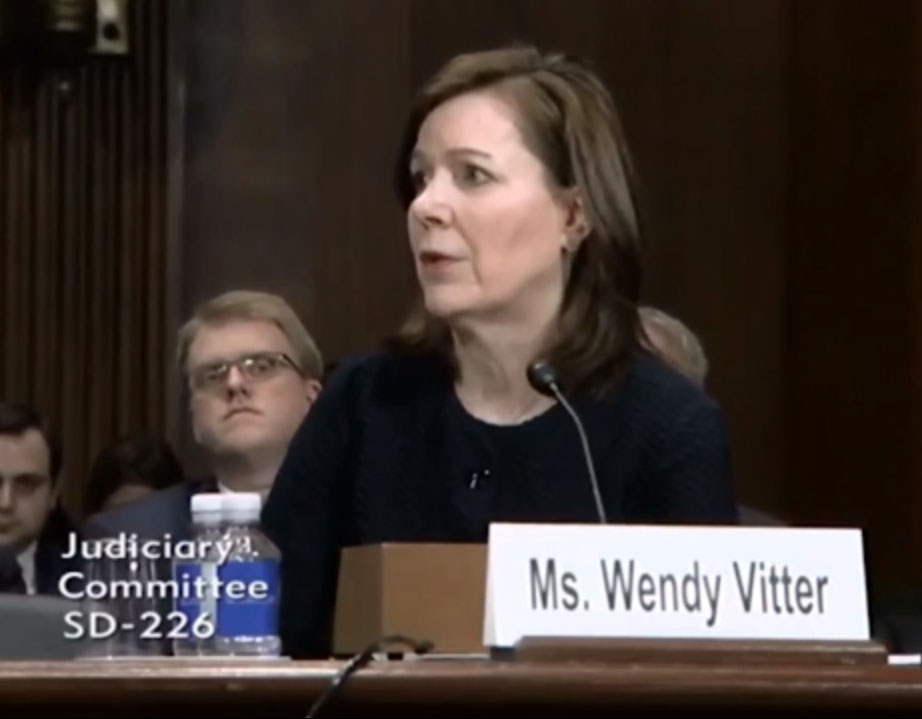Young Parents in Middle School and High School Deserve Support Too

Today is the 51st anniversary of Title IX, which prohibits discrimination on the basis of sex in any education program or activity receiving federal financial assistance.
Initially, this landmark legislation most directly impacted equal access to athletic programs for girls. Over time, Title IX regulations expanded to include protections against sexual harassment, sexual assault, discrimination based upon gender identity, and to ensure access to education for students who may be pregnant, are pregnant, or are student parents.
Last year, the Biden administration proposed changes to the Title IX regulations that would increase protections for pregnant and parenting students amongst other things. However, the administration recently announced that the final version of these rules expected this month will be delayed to October 2023. Here is why it’s important to finalize these proposed rules, particularly for pregnant and parenting students in middle and high school:
According to the most recent data available, only 51% of teenage mothers complete their high-school diploma by age 22 compared to 89% of girls who do not parent as a teen. This disparity can be attributed in part to exclusive school policies—which too often are created without any consideration for the needs of pregnant and parenting students.
Particularly for students in middle school and high school, they may encounter inflexible attendance policies that do not accommodate their pregnancy or parenting needs. They may also encounter lack of support in their school settings, including harassment or discrimination due to being a young parent. For example, student parents have reported being placed in alternative education programs without being advised that they could return to their general education programs. In a 2017 survey by the National Women’s Law Center, girls who were pregnant or parenting were more likely to report experiencing harassment or violence at school.
We do have a bit of good news though: Young mothers typically report that becoming a parent gave them more motivation to succeed academically—even if they were previously disengaged in school.
But personal motivation is not enough when systemic inequities are at play. Indeed, young parents will only be able to succeed if schools create accommodations that accurately address their needs and make it easier for them to stay in school.
The National Women’s Law Center is publishing a series of small reports called, Supporting Pregnant and Parenting Students in Middle and High Schools. This report series analyzes state legal protections for pregnant and parenting students across 50 states and the District of Columbia. Ultimately, the series addresses some of the changes that states can make to ensure that pregnant and parenting students can stay in school and complete their education. For example, our first report will address accommodations for breastfeeding students who need a sanitary and private space to express milk and a place to store it during the day. Our second report will address laws requiring school attendance policies that take into consideration the needs of parenting students such as time away from school to care for a sick child or go to the doctor.
It is well beyond time that the Biden administration finalize their proposed Title IX rules—implementing protections on the federal level. But that’s just a place to start. States must then expand on these protections by adopting laws and polices that ensure pregnant and parenting students have what they need, in every school in our country, to complete their education.





